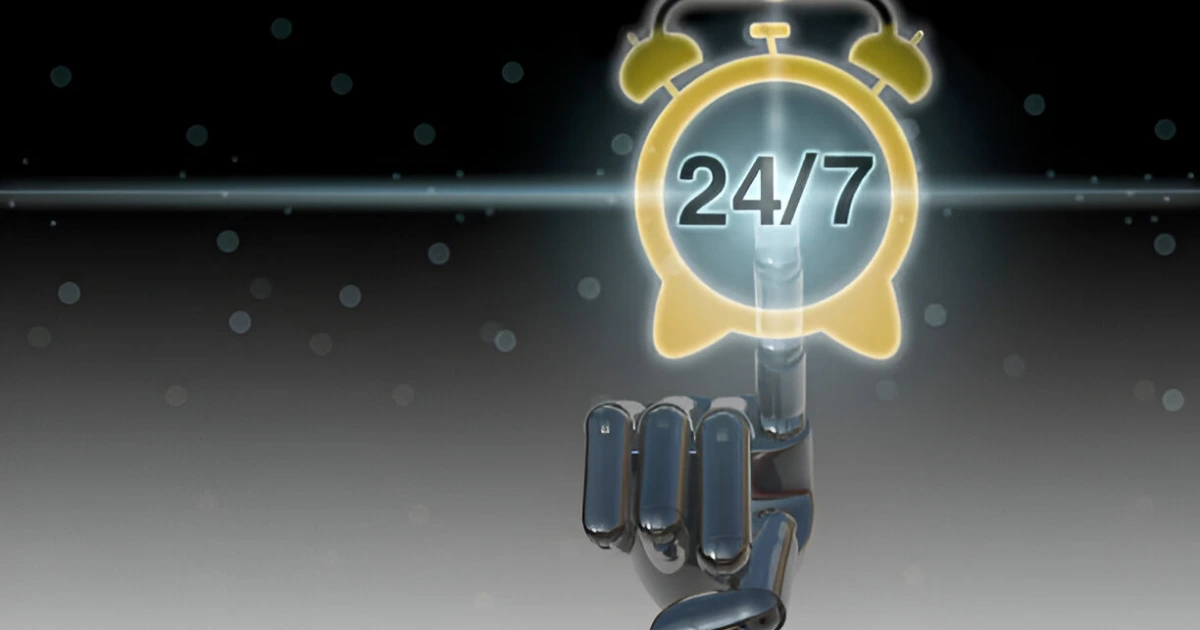High Self-Control Tips: The Impact of Small Actions on Your Character
Discover practical self-control tips to enhance your discipline, manage impulses, and achieve long-term goals. Learn effective strategies to resist temptation
Self-control is a cornerstone of personal development and effective decision-making. From resisting unhealthy temptations to managing stress, self-control plays a vital role in shaping your behaviors, emotions, and overall character. Interestingly, the smallest actions you take in your daily life can reveal a great deal about your self-discipline.
Table of Contents
In this article, we explore high self-control tips that involve seemingly minor yet highly impactful habits. By recognizing and improving these small actions, you can strengthen your self-discipline and cultivate long-lasting positive changes in your life.
Why Self-Control Matters
Self-control is defined as the ability to control one’s emotions, behaviors, and impulses in the face of external demands, to achieve a greater goal. It has been linked to improved mental health, greater productivity, and better long-term outcomes in both personal and professional life.
Practicing high self-control tips empowers you to make decisions that align with your long-term objectives, allowing you to delay short-term gratification for future rewards.
7 Tiny Habits That Reflect High Self-Control
1. Managing Impulse Purchases
A common, yet significant example of self-control is the way we manage impulse purchases. Whether it’s a random item while shopping or a spontaneous online buy, these small decisions speak volumes about our self-discipline. High self-control tips include taking a pause before making such purchases to ensure that they align with your financial goals or values.
Actionable Tip:
- Implement a “24-Hour Rule” before making any non-essential purchase to evaluate whether the item is truly necessary.
2. Planning and Time Management
Time is perhaps the most valuable resource, and your ability to manage it effectively speaks to your level of self-control. Procrastination and disorganization hinder productivity, whereas planning and scheduling your time demonstrates strong self-discipline.
High Self-Control Tip:
- Use time-blocking or the Pomodoro Technique (25-minute work blocks with short breaks) to enhance focus and prevent procrastination.
3. Staying Calm Under Pressure
How you respond to stress is another key indicator of your self-control. People with high self-control maintain composure during high-pressure situations, whether in personal challenges or professional settings. Remaining calm under stress enables rational decision-making and more effective problem-solving.
High Self-Control Tip:
- Practice deep-breathing exercises or meditation to manage stress levels and enhance emotional regulation.
4. Responding to Criticism
Criticism can often trigger defensive reactions, but those with high self-control tend to respond thoughtfully. They view constructive criticism as an opportunity to grow rather than a personal attack. This reflective response is an indicator of emotional self-discipline.
High Self-Control Tip:
- When faced with criticism, pause before responding. Take time to reflect on the feedback and decide how best to incorporate it for improvement.
5. Delaying Gratification
The ability to delay gratification is one of the most powerful signs of high self-control. This ability to resist the urge for immediate pleasure in favor of long-term rewards is critical for achieving goals in life. For example, you might choose to save money for a future purchase instead of spending it impulsively.
High Self-Control Tip:
- Practice small acts of self-control, such as skipping an afternoon snack or saying no to distractions, to build your ability to delay gratification.
6. Handling Temptation
Temptations are everywhere—be it unhealthy foods, social media, or other distractions. The ability to resist these temptations is directly tied to your self-control. High self-control tips involve developing awareness of your triggers and creating strategies to avoid them.
High Self-Control Tip:
- Identify your primary distractions and make conscious efforts to avoid them, such as turning off notifications or eliminating unhealthy snacks from your home.
7. Interpersonal Self-Control
The way you treat others in difficult situations also reflects your self-control. High self-control involves being able to remain patient and respectful, even when others may be frustrating or when things are not going as planned. Emotional regulation in these moments is essential for maintaining positive relationships.
High Self-Control Tip:
- When conflicts arise, take a moment to pause and process your emotions before responding. This helps maintain respectful and thoughtful communication.
Conclusion: The Power of Small Actions in Building Self-Control
Self-control is not just about resisting major temptations or making life-changing decisions; it’s about consistently practicing small actions that support your goals. The high self-control tips discussed in this article demonstrate how tiny decisions—whether managing time, resisting temptations, or staying calm—can have a significant impact on your overall self-discipline.
By applying these simple yet effective habits, you can foster greater self-control in your daily life. It’s these small actions that, over time, contribute to stronger character and long-term success.
FAQ: High Self-Control Tips
1. What are high self-control tips?
High self-control tips refer to strategies that help you manage impulses, emotions, and distractions, allowing you to stay focused on your long-term goals. These tips include delaying gratification, managing your time efficiently, and practicing emotional regulation in challenging situations.
2. How can I improve my self-control?
Improving self-control starts with small, manageable actions. Begin by setting clear goals, creating structured routines, and practicing mindfulness. Use techniques like the Pomodoro Technique to maintain focus, and gradually build stronger self-discipline over time.
3. Why is self-control important?
Self-control is essential because it helps you resist temptations, manage emotions, and make decisions that align with your long-term objectives. Mastering self-control can lead to greater success, improved relationships, and better overall well-being.
4. Can I develop better self-control over time?
Yes, self-control is a skill that can be developed through consistent practice. While some people may naturally exhibit higher levels of self-discipline, anyone can improve their self-control by applying strategies like those outlined in the high self-control tips discussed here.
5. How do I handle temptations and distractions?
To handle temptations and distractions, identify your triggers and make conscious efforts to avoid them. For instance, turning off social media notifications or setting clear boundaries around your work time can significantly reduce the impact of distractions on your productivity.
6. How do I stay disciplined when facing criticism?
When facing criticism, practice active listening and take time to process the feedback. Avoid defensive reactions and instead, approach the situation with an open mind. Reflect on the criticism and see how you can use it for personal growth. This approach requires emotional self-control and maturity.
By following these high self-control tips, you can improve your self-discipline and set yourself up for greater success. Remember, it’s the small actions and habits that have the most significant impact on your character and long-term achievement.







